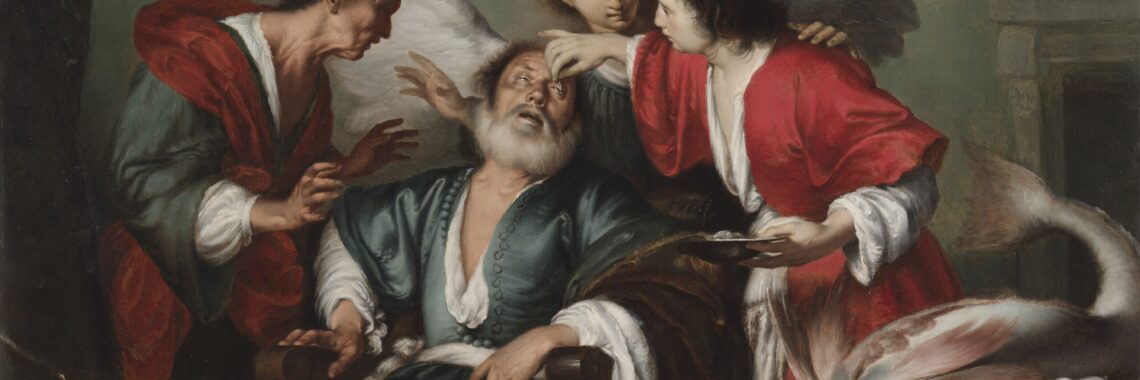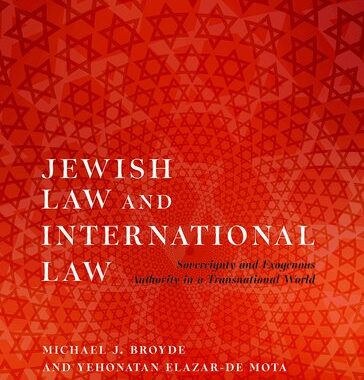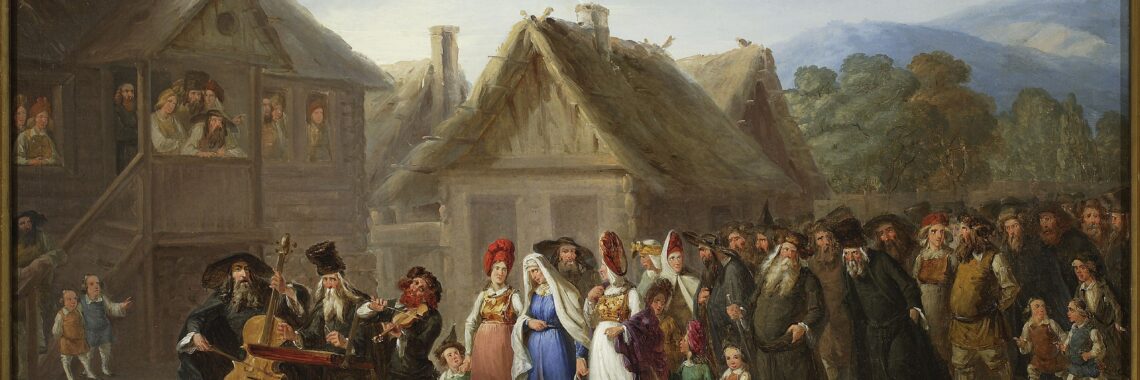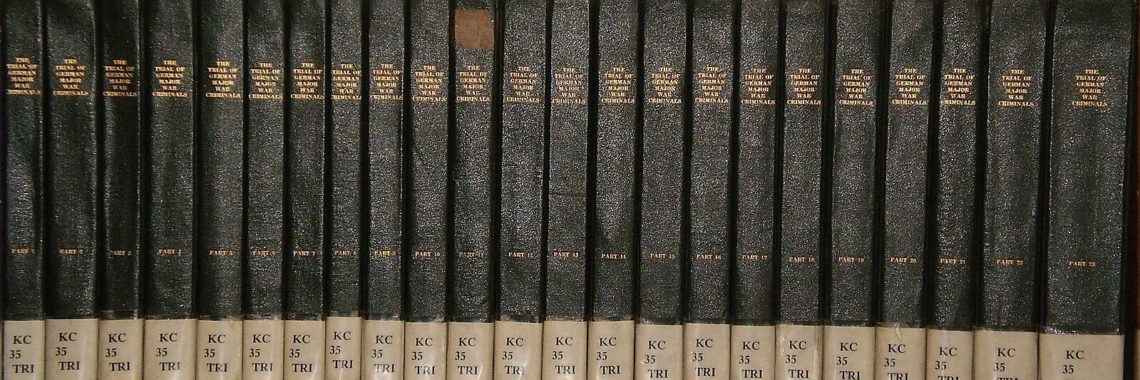“Endorsing with Caution: Jewish Law and the Politics of the Pulpit” by Michael J. Broyde
View of the Grat Synagogue and the Portuguese Synagogue in Amsterdam by Gerrit Berckheyde (US-PD) This article is part of our series on Law, Religion, and The Johnson Amendment. If you’d like to explore other articles in this series, click here. American clergy have long navigated the seam between preaching values and practicing politics. The so‑called Johnson…










